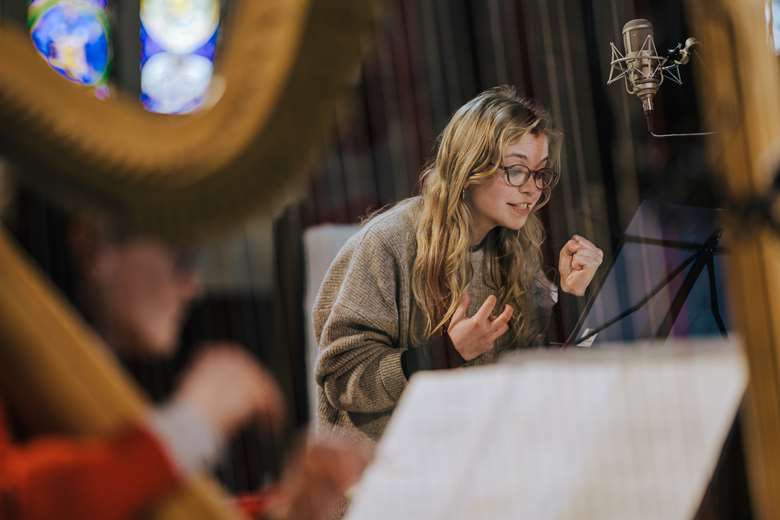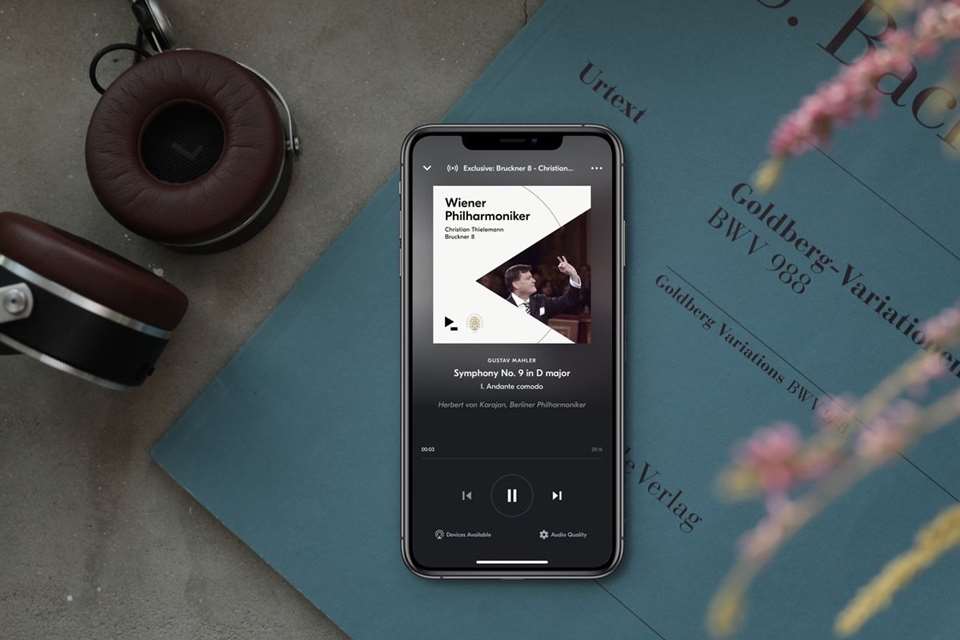Delphian Records: 21 years as an independent label
Susan Nickalls
Thursday, February 25, 2021
Susan Nickalls talks to the team at Delphian Records about the challenges of lockdown, and what the current inquiry into streaming means for smaller labels

Photo: Foxbrushfilms

Register now to continue reading
Don’t miss out on our dedicated coverage of the classical music world. Register today to enjoy the following benefits:
- Unlimited access to news pages
- Free weekly email newsletter
- Free access to two subscriber-only articles per month


